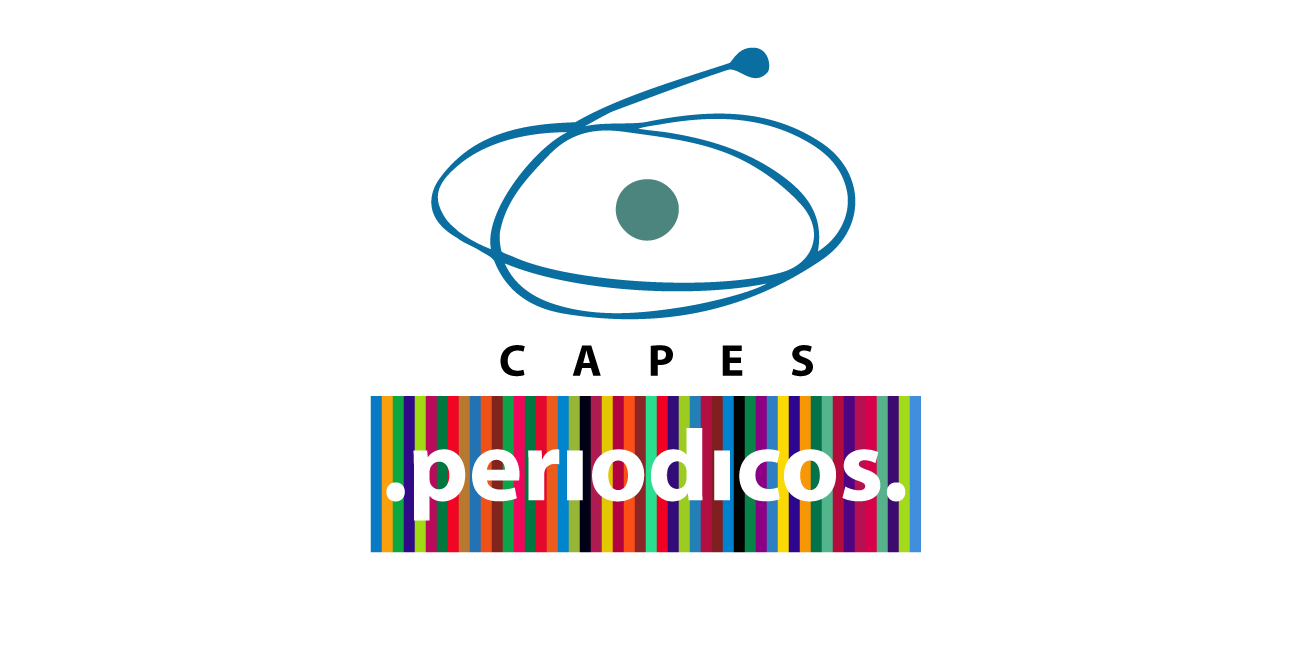The Discussion on Research on Stem Cells and Surplus Embryos from the Perspective of the Right to Life and of Legal Ethics in the Context of Progress in Bio-Laws and ADIN 3510\2005
Keywords:
Biotechnology, Embryos, Bio-law.Abstract
Progress in biomedicine has enhanced the debate worldwide on the right to life and legal ethics. Until recently, surplus embryos from in vitro fertilization, the result of research on infertility problems of many couples, brought forth the issue of embryo cryopreservation. Embryos in laboratory cryogenic laboratories and their ‘eternal preservation’ have become a major ethical and legal issue: What may be done with these embryos? The issue emerged with greater relevance with the advent of research on embryonic stem cells since they may regenerate many body tissues and may be capable of curing several diseases hitherto without any medical solution. This is the case of spine paralysis, Parkinson’s Disease, Alzheimer’s Disease and others. The destruction of the embryo is required so that the cells in the nucleus may be retrieved. The question is whether it is lawful and ethical to use human embryos for scientific research; whether the embryo, created in the laboratory, is a person; whether we may know when life starts. The 2005 Bio-safety Law brought great concern to people who defended the start of human life from conception onwards; on the other hand, it brought hope to bearers of degenerative diseases, for example. The above-mentioned law authorized research on stem cells, although recently it has been put in serious doubt as unconstitutional by the then Minister of Justice Carlos Ayres Britto. Due to this controversy, current study examines the issues on the start of human life and on stem cell research by highlighting the arguments for and against the unconstitutionality measure 3510 of 2005.Downloads
How to Cite
Ferdinandi, M. B. T., & Toledo, I. R. (2011). The Discussion on Research on Stem Cells and Surplus Embryos from the Perspective of the Right to Life and of Legal Ethics in the Context of Progress in Bio-Laws and ADIN 3510\2005. Revista Jurídica Cesumar - Mestrado, 11(2). Retrieved from https://periodicos.unicesumar.edu.br/index.php/revjuridica/article/view/2130
Issue
Section
Doutrinas
License
A Revista se reserva o direito de efetuar, nos originais, alterações de ordem normativa, ortográfica e gramatical, com o intuito de manter o padrão culto da língua, respeitando, porém, o estilo dos autores. As opiniões emitidas pelos autores são de sua exclusiva responsabilidade.
Os direitos autorais pertencem exclusivamente aos autores. Os direitos de licenciamento utilizado pelo periódico é a licença Commons Atribuição 4.0 Internacional. São permitidos o compartilhamento (cópia e distribuição do material em qualquer meio ou formato) e adaptação (remixar, transformar, e criar a partir do trabalho, mesmo para fins comerciais), desde que lhe atribuam o devido crédito pela criação original.












